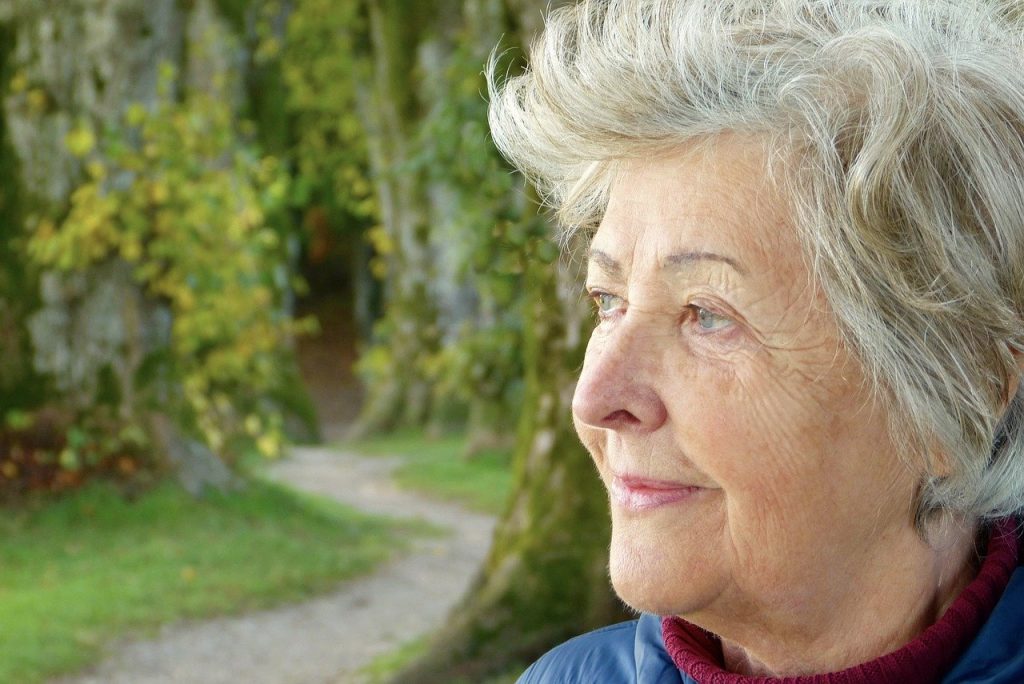As many as 5 million Americans suffered from Alzheimer’s disease in 2014, according to the Centers for Disease Control and Prevention. By 2060, nearly 14 million people are expected to have it. Many people have had a grandparent or other elderly relative with Alzheimer’s, but that doesn’t mean they know a lot about it. It’s a disease that tends to make us quite uncomfortable.
People don’t like to think of becoming mentally frail as they age. For Alzheimer’s awareness month, one of the best things you can do is educate yourself. Keep reading for three important things to know about the scourge of Alzheimer’s.
The Risk is Higher for Women
President Ronald Reagan declared the first Alzheimer’s awareness month in 1983, and he died in 2004 after developing the disease himself. While he’s arguably the most famous person to suffer from the disease, the risk of developing it is higher in women. Women tend to live longer than men, but that’s not why researchers believe they’re more likely to get it.
A study at Vanderbilt University found that the tau protein associated with Alzheimer’s probably spreads easier in the female brain than the male brain. Men and women have different brains, and researchers believe that tau networks are structured differently in the brains of women. That structure includes more “bridging regions” in women’s brains. Those bridging regions may sound good, but they allow for tau to spread to accumulate faster in women’s brains.
That sounds scary, but it doesn’t mean that an older woman is automatically going to get Alzheimer’s disease. Being a woman puts you at a bigger risk, but it’s not the only risk factor. More research is needed to confirm this theory is correct. It could lead to earlier interventions for Alzheimer’s patients, and that could do a lot to improve their overall quality of life.
Certain Activities Can Reduce Your Risk
Aging is the single biggest risk factor for developing Alzheimer’s, but if you want to reduce that risk, there are certain things you can do. Look for educational activities that engage the brain. If you see an older person doing a crossword puzzle, that might mean they just like crossword puzzles. Or it might mean they’ve heard that crossword puzzles can keep their brain active and engaged, and that can lower the risk of getting Alzheimer’s.
A higher level of education is also correlated with a lower risk of Alzheimer’s. But if you didn’t get a lot of formal education, don’t despair. There’s a cliche that says you’re never too old to learn something, but in this case, the cliche is right. If you want to play the piano but can’t read music, contact a piano teacher and sign up for classes. If you’ve always wanted to speak French, look into French classes at your local community college.
We need hobbies at just about every stage of our life. Sitting around and feeling bored isn’t good for your brain in lots of ways. So get out there and learn a new skill today.
The Life Expectancy Is Hard to Predict
Alzheimer’s is not one of those diseases where you get a diagnosis and the doctor says, “You have two years left to live.” It can be an unpredictable condition, and that unpredictability includes life expectancy.
In some people, it advances slowly. These people may be able to continue living on their own for a while longer. In other people, the progression is swift and brutal. Someone who seemed fine in June may not be able to remember their spouse’s name a few months later.
On average, the life expectancy is about eight to 10 years. But there’s a lot of variation there. Some people will succumb a year after getting a diagnosis, while others will hang on for 20 years.





